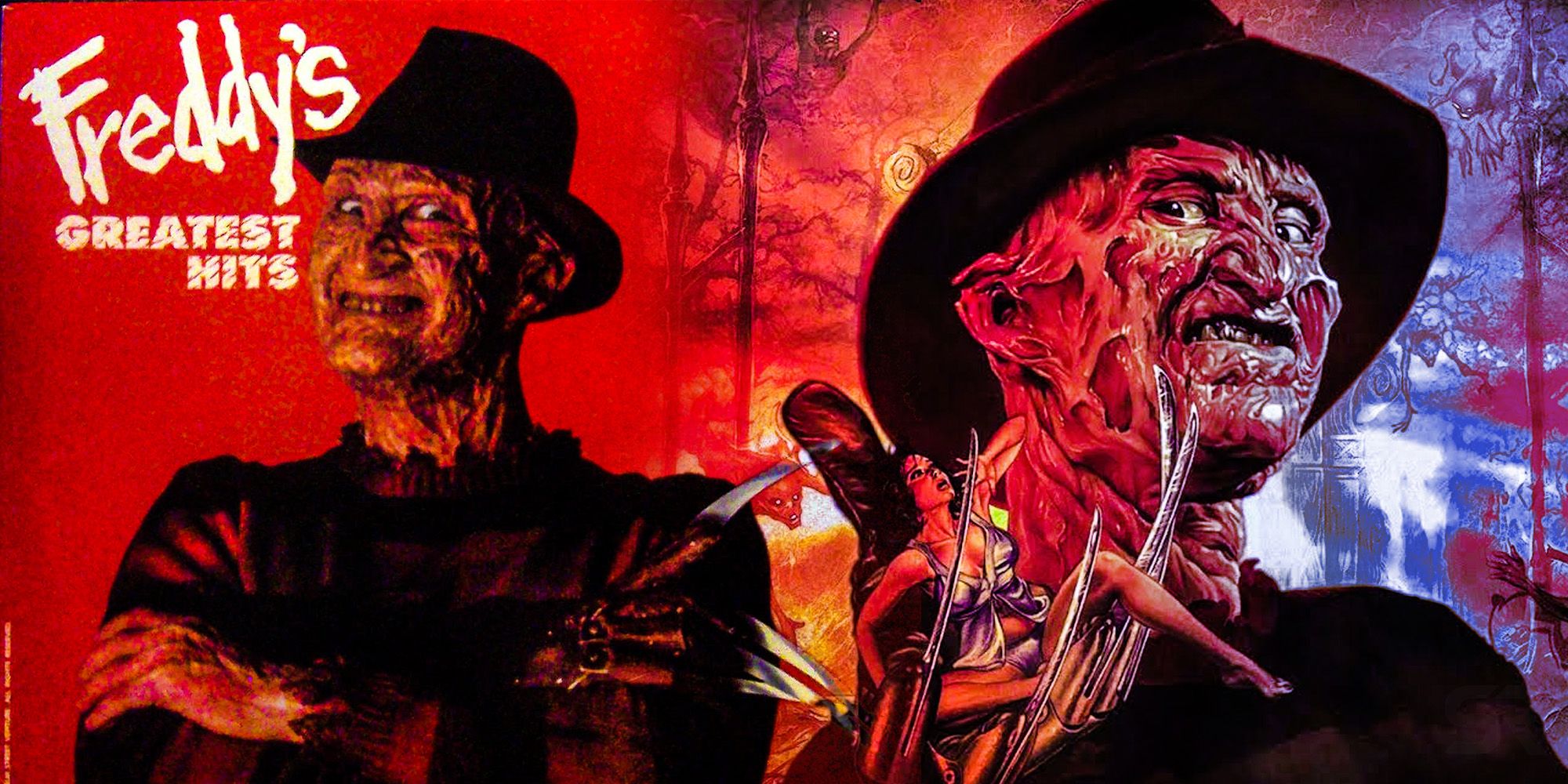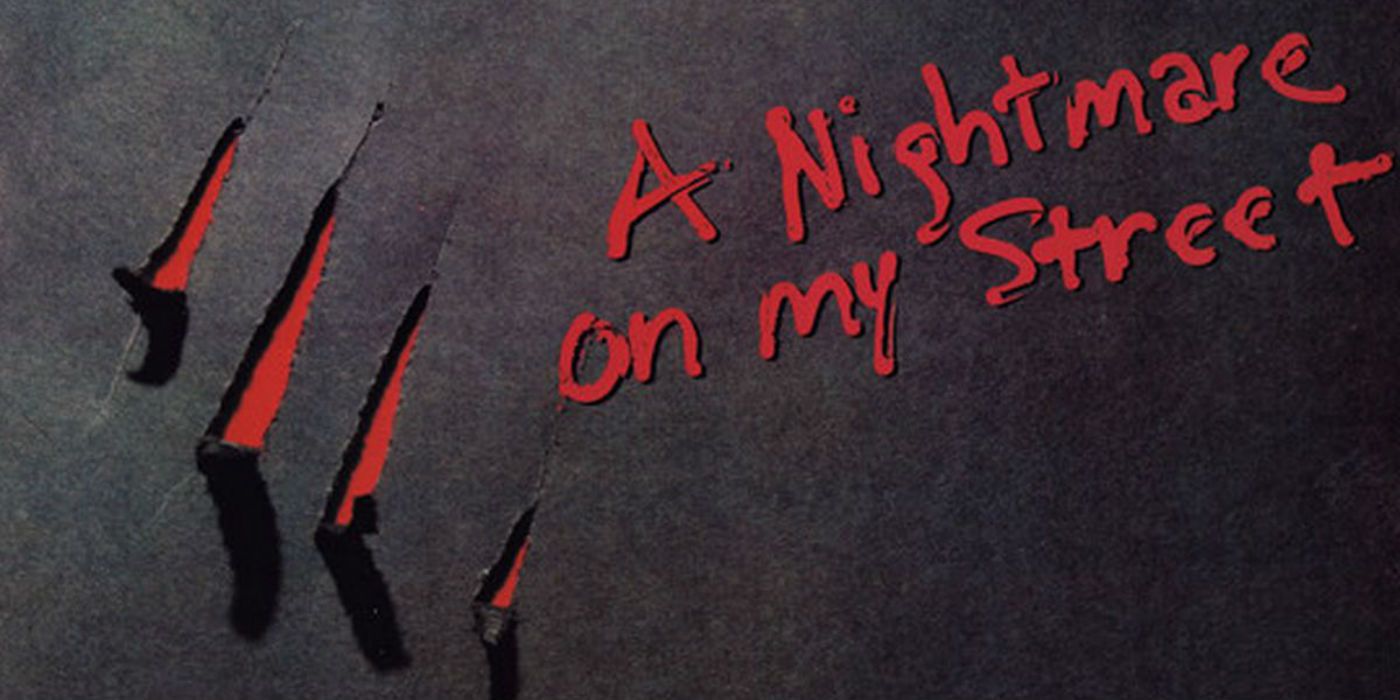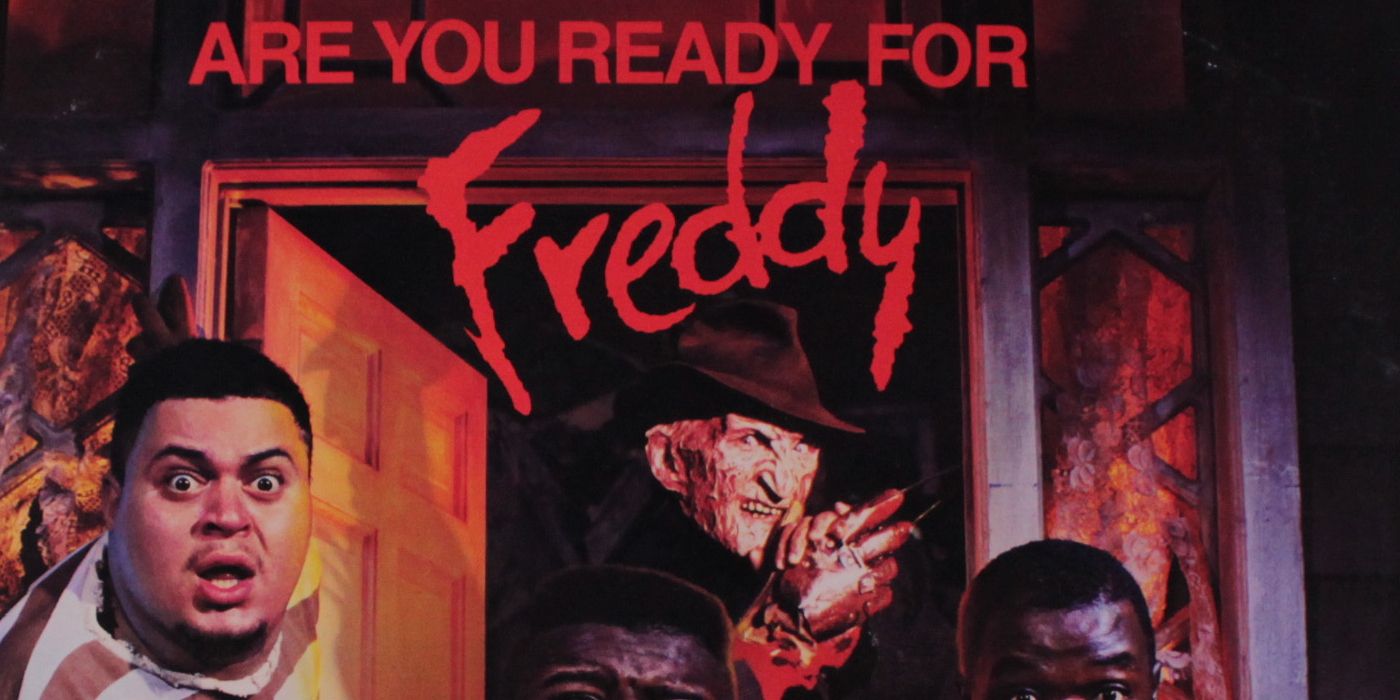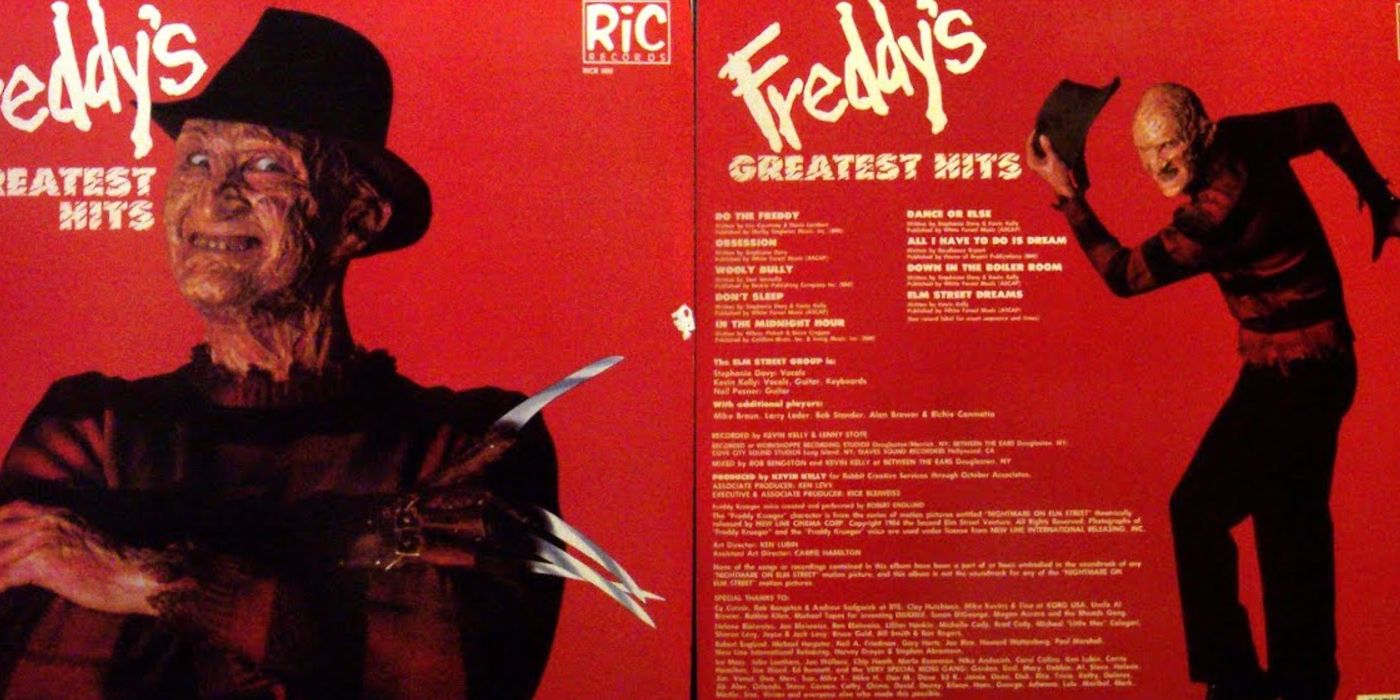
Odd as it might seem but legendary Nightmare On Elm Street villain Freddy Krueger has a lengthy rap career to his name. Beginning back in 1984, the Nightmare On Elm Street series remains one of the most recognizable horror franchises, and its anti-villain Freddy is an iconic slasher who ranks alongside Halloween’s Michael Myers, Child’s Play’s Chucky or his occasional nemesis, Friday the 13th's Jason Voorhees. In his movie debut the serious, scary Freddy was notable for being more vocal than most of the slasher genre's mute murderers, and for being one of the first supernatural villains too.
When Last House On The Left helmer Wes Craven created the character, he reignited audience interest in the overpopulated sub-genre with the inventive addition of making Freddy a paranormal menace whose grisly attacks took place in dreams. This premise carried the Nightmare On Elm Street series to blockbuster horror history, but the dream demon himself soon became a ghoulish comedian divorced from his terrifying origins. Despite the third film in the series Dream Warriors giving the character an even more disturbing backstory than before, this fan-favorite installment also saw Freddy Krueger start indulging in his now-trademark one-liners, where he often offered a clever or ironic quip to accompany each killing.
This soon led to increasingly silly ventures for Freddy, amongst them a short-lived Nightmare On Elm Street television series, some comedy cameos or tie-in comic books. Most notable, though, is the fact the Springwood slasher also had a fairly successful career in the rap game. With Freddy’s popularity peaking in the mid-late 80s, just as mainstream American culture was coming to terms with hip hop as a musical movement, it was inevitable - and also inane - that Robert England’s memorable monster had several rap music outings in-character.

Freddy’s first rap collaboration remains his best remembered - which is ironic considering the song in question was a major bone of contention for the franchise creators. After Nightmare On Elm Street: Dream Warriors proved a problematic franchise installment thanks to Wes Craven’s creative ousting from the best sequel, the last thing the next movie The Dream Master needed was a messy legal battle. But that’s just what ensued when a young and (comparatively) unknown Will Smith and DJ Jazzy Jeff recorded "A Nightmare On My Street” for the movie’s soundtrack.
Uncertain about the track’s potential, producers rejected the song and instead included another rap number (more on that later). Smith, realizing he had a potential hit on his hands, released the song as a single, and when "A Nightmare On My Street" was a success, a protracted legal battle ensued. A planned video was scrapped and Smith and company were forced to add a disclaimer to the record stating it wasn’t associated with the Nightmare On Elm Street franchise. It should be noted that despite featuring a lot of input from the character of Freddy, the song and video don’t feature any input from Robert England himself, making the video a real curio. "A Nightmare On My Street” opens with a prominent message noting that the song has nothing to do with the Nightmare On Elm Street series… then goes on to feature Freddy’s name, his (surprisingly well) impersonated voice and iconic razor glove throughout.

After the producers disastrously misjudged the potential of "A Nightmare On My Street", the next Nightmare On Elm Street release cannily tried to recapture the magic of Smith’s song and scared up a minor hit with “Are You Ready For Freddy,” in the process. This track was a more modest success that featured rap legends the Fat Boys alternating its verses, and its inclusion on the Nightmare On Elm Street 4: The Dream Master soundtrack resulted in another music video which this time featured Englund's Freddy chasing down the group. It sees The Fat Boys spend a night in their uncle’s haunted house in the bizarrely joke-free (but nonetheless deeply goofy) video, with England’s iconic villain stalking them one-by-one while the song plays. It’s an odd collaboration that feels out of place in the franchise and embodies the producer’s evident drive to make a more marketable, PG-rated version of Freddy (something Craven attempted to avoid by turning down Disney’s offers to make the original as a family-friendly horror).

The most bizarre of all Freddy Krueger’s rap collaborations was an embarrassing side project that franchise devotees can only assume must have contributed to Craven’s frustration with how defanged the once-formidable villain became. By 1994, Craven was so annoyed with the mishandling of his creation that he returned to the franchise to direct New Nightmare, wherein an evil entity cut a bloody swathe through the filmmakers behind the series, and was Craven's attempt to restore Freddy's menace. By 1987, it was already obvious this course correction would soon be necessary as - between Freddy’s third and fourth cinematic outings - the Elm Street killer released an album entitled "Freddy’s Greatest Hits."
Technically, Freddy’s only full-length rap album is a collaboration with the Elm Street Group - an addendum that was presumably added to justify how little Englund’s iconic character actually appears on the record. Ironically, despite being known for his campy quips, Freddy doesn't do much rapping on the album, with his contributions limited to a few one-liners scattered here and there. Unlike the similarly corny Cryptkeeper's Tales From the Crypt tie-in Christmas album or Robert Englund's later cameo role on The Goldbergs, "Freddy’s Greatest Hits" didn’t even have the campy appeal of making a creepy villain into a full-blown comedic character, since Krueger had such a small part to play in the album. Needless to say, despite its title "Freddy’s Greatest Hits" remains a Nightmare On Elm Street franchise addition largely reviled even by the character’s most hardcore followers, who may be able to excuse his endless murder sprees, but draw the line at Freddy killing his dignity.
from ScreenRant - Feed https://ift.tt/2O1SxDQ


0 Comments